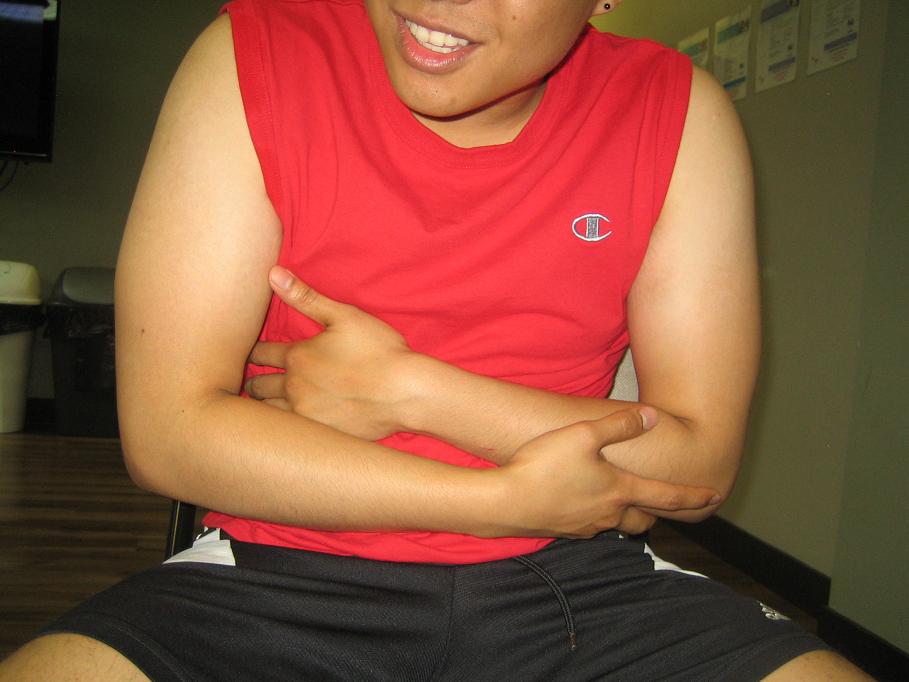Salmonella food poisoning is an infection due to a food-borne illness that stems from the raw consumption of meat and eggs, contaminated dairy foods or fruits and vegetables.
Salmonellosis causes gastrointestinal symptoms such as diarrhea, abdominal pain, nausea, and vomiting. Symptoms typically develop within twelve to seventy-two hours and last for four days. In most instances, there is no specific treatment require other than proper hydration. There is no vaccine to prevent this infection.
What are the causes?

Salmonella infection is caused by a type of foodborne bacteria known as Salmonella. The infection is usually due to the consumption of contaminated foods.
Foodstuffs such as poultry, beef, milk, and eggs may contain Salmonella bacteria since the bacteria are present in the intestines of humans and animals. Proper cooking of these foodstuffs kills the bacteria. Vegetables and fruits may also include the microorganism from poor handling or processing of the food.
Signs and symptoms
- Diarrhea
- Bloody stools
- Cold and chills
- Abdominal cramping
- Fever
- A headache
- Sick to your stomach
- Throwing up
Most members of the bacterial genus are contagious and can spread to other people. The most common cause of contracting the bacteria is from one individual to another through fecal-oral cross-contamination.
Management of salmonellosis
For most people, there is no treatment needed for Salmonellosis but plenty of hydration is needed and usually goes away on its own after a few days. But there are rare cases where Salmonellosis is serious and needs medical attention and, in these cases,, it is life-threatening.
If you have Salmonellosis and are experiencing diarrhea, you should drink plenty of water to stay hydrated. Your doctor may suggest a rehydration liquid, such as Pedialyte if you have a severe case of diarrhea.
If your doctor confirms that you do have a Salmonella infection, he/she may prescribe antibiotics. You need to make sure that you can finish the prescription and take it when it is needed.
FACT CHECK
https://www.webmd.com/food-recipes/food-poisoning/what-is-salmonella#1
https://www.cdc.gov/salmonella/index.html
https://www.mayoclinic.org/diseases-conditions/salmonella/symptoms-causes/syc-20355329
